Friday April 2, 2010, 4-6 PM
Victoria Alexander will give a 30 min talk at 5PM
Secular Teleology for the 21st Century
In a teleological narrative, all the events depicted, or at least the key ones, are chosen and included because of the way they reflect, refract, or prefigure a general theme of the story or the end of the story, the resolution of a problem. There is usually progression or development. Events exist in the story because of the purpose they serve. Critics of “teleological” narratives may claim that “realistic” representation should capture a world in Continue reading “CompostModern Forum: featured member Victoria N. Alexander”
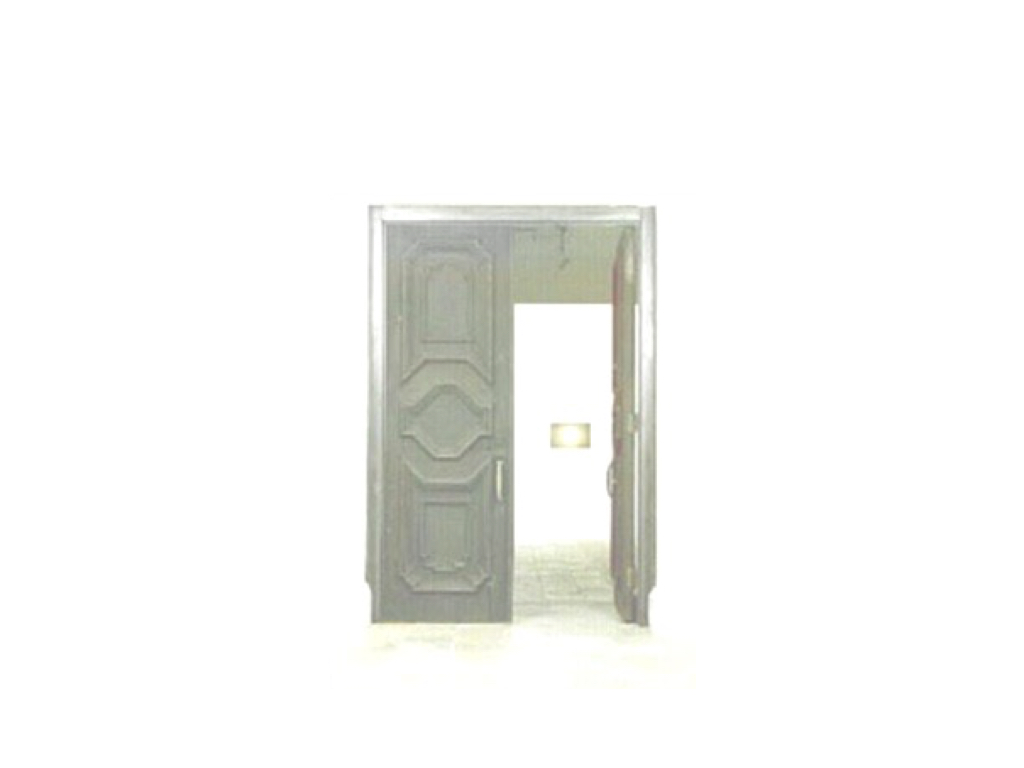
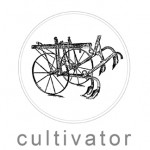 Friday, March 26, 2010 5-7 pm
Friday, March 26, 2010 5-7 pm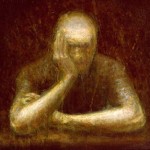
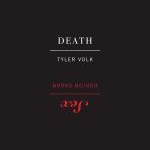
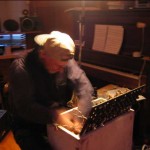
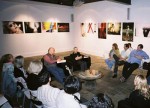 Spring / Summer 2009
Spring / Summer 2009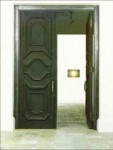
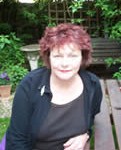






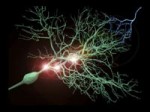 November 8th 2002, 2-4 pm
November 8th 2002, 2-4 pm